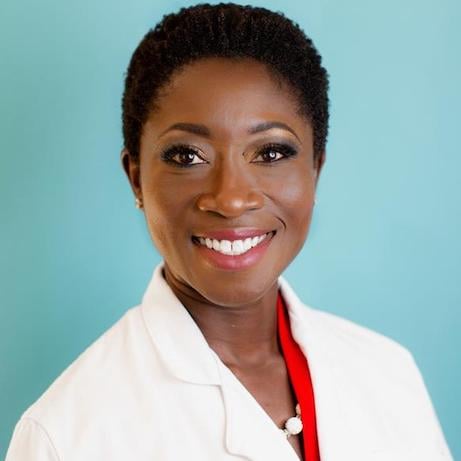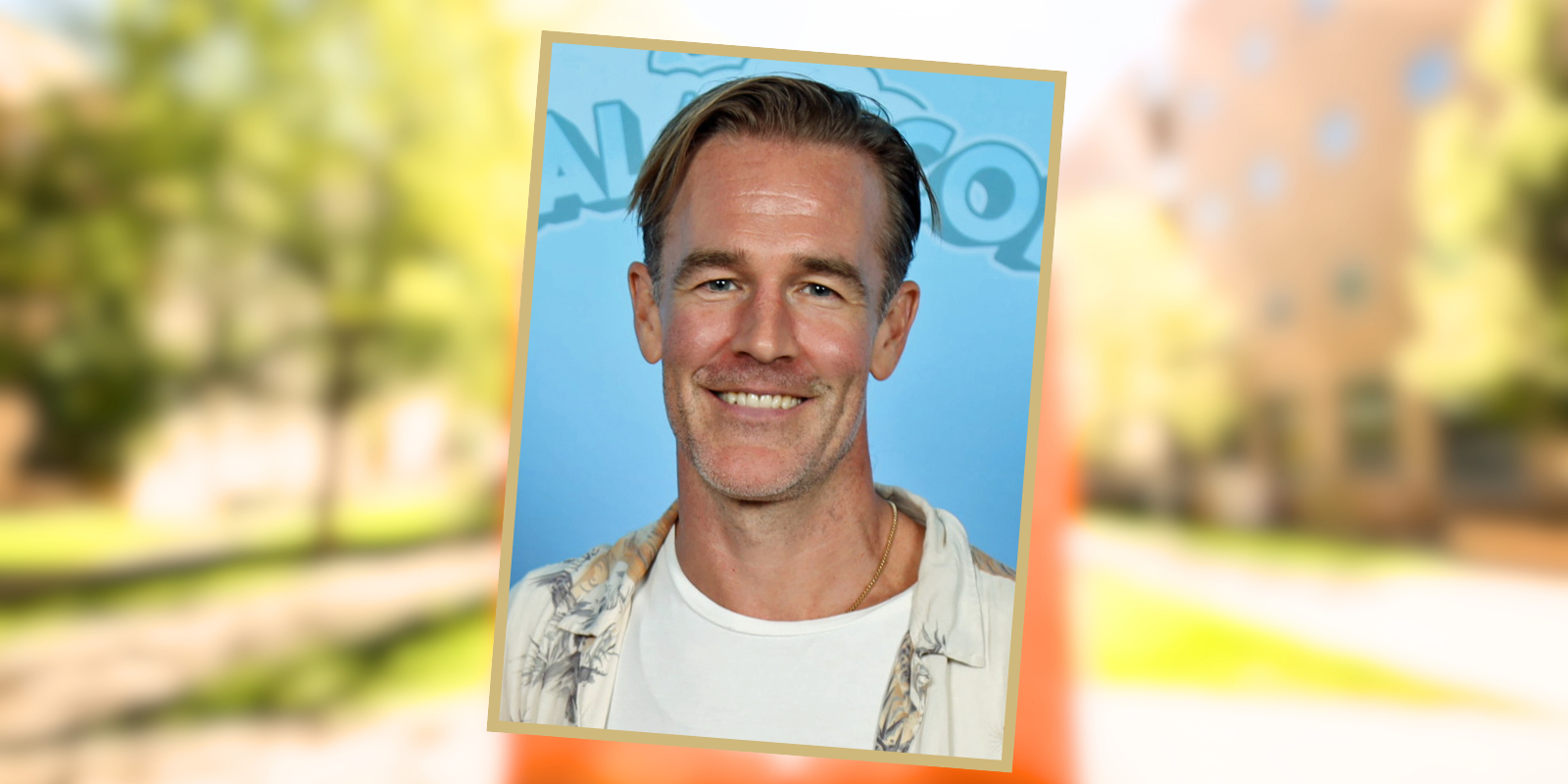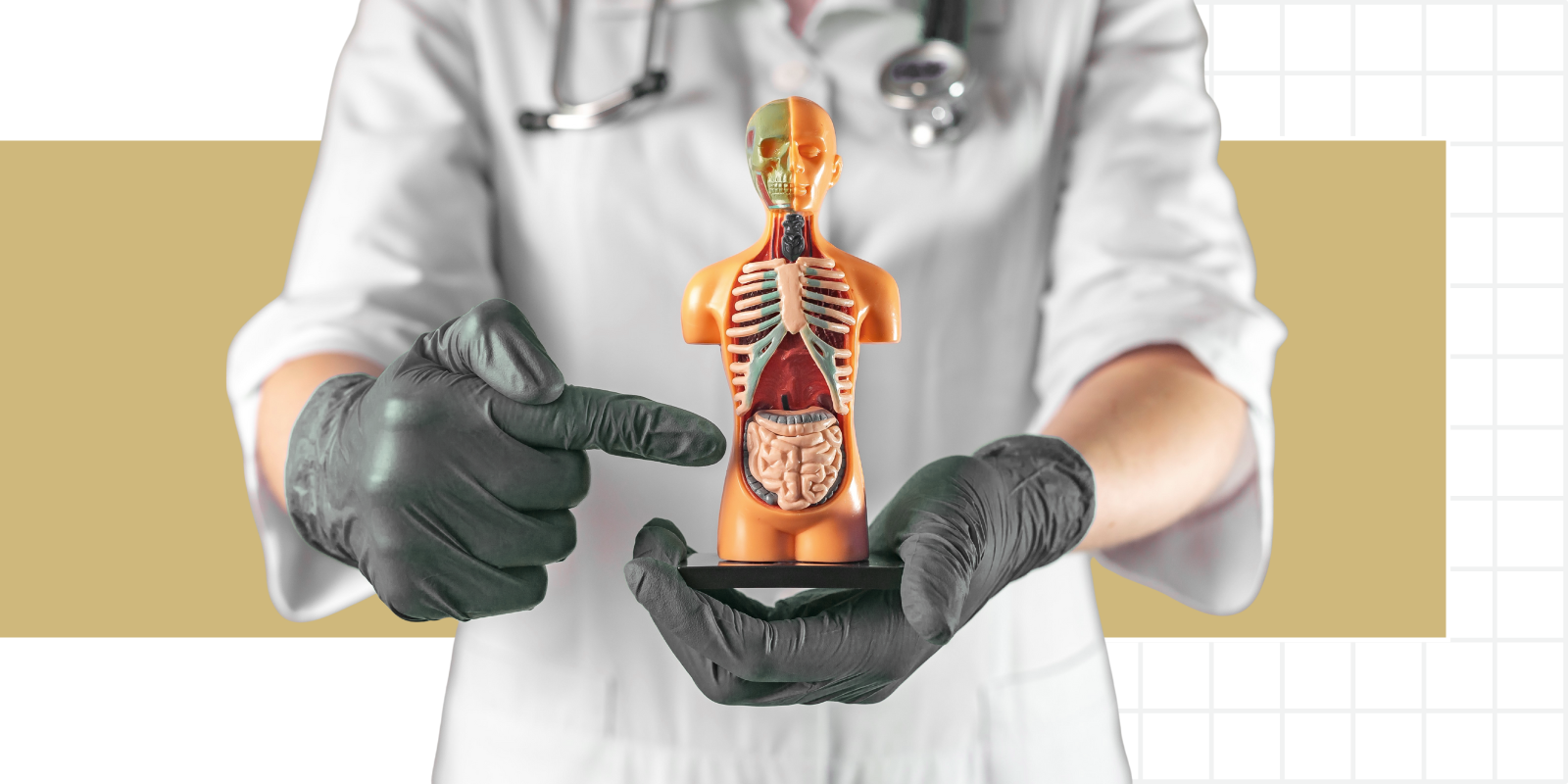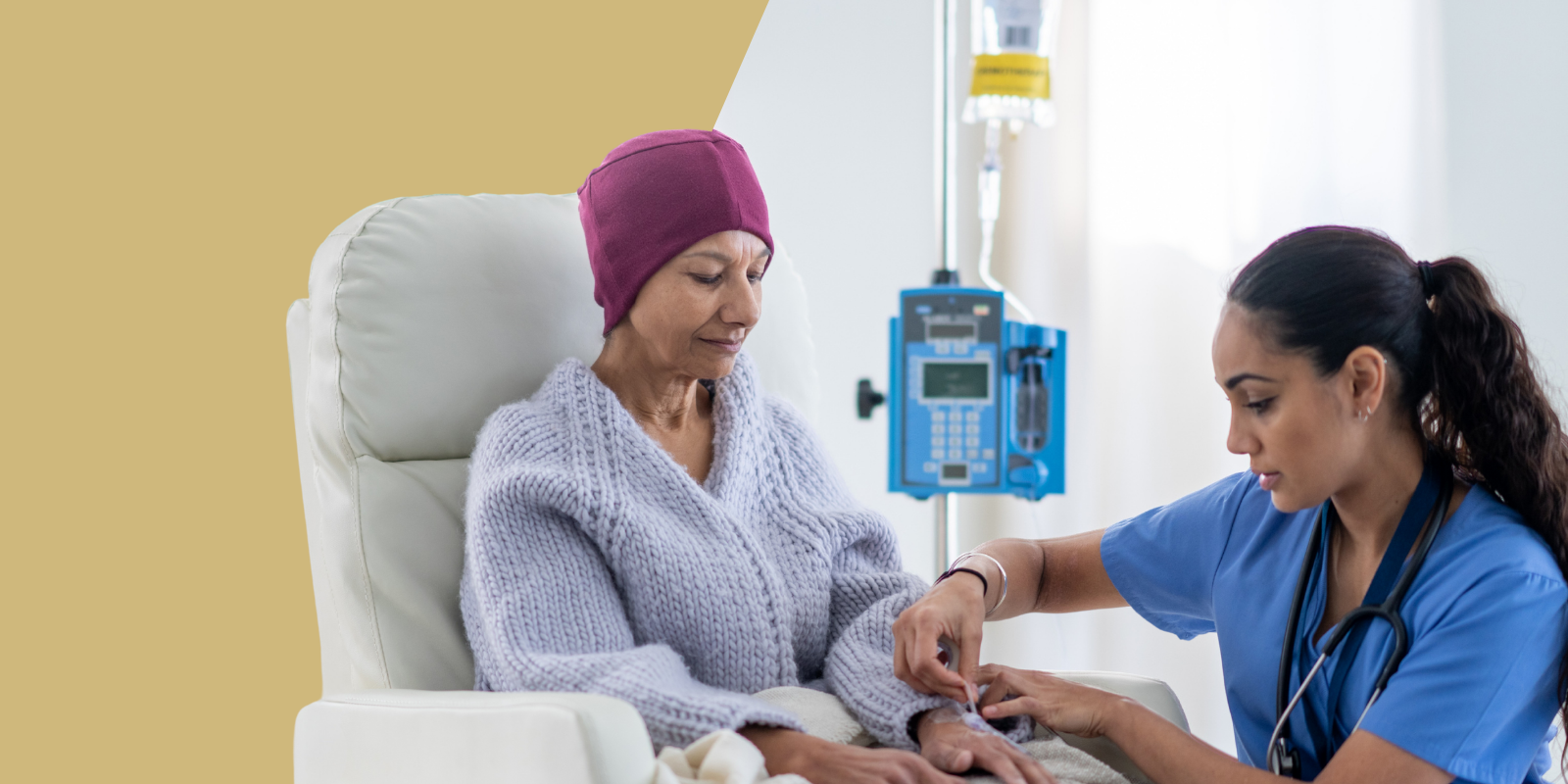In her social media post, Katie Thurston mentioned that she has been researching the stories of other women who became pregnant after breast cancer treatment. What do you typically tell a woman who is newly diagnosed and has concerns about pregnancy?
We counsel women that pregnancy after breast cancer is generally safe, and that timing of conception depends on stage and hormone receptor status of the cancer. Women who have early-stage hormone receptor negative breast cancer can conceive six months after diagnosis without a negative impact on survival. However, we recommend patients wait at least 12 months to allow recovery of the ovary to achieve the best egg quality.
Women who have hormone receptor positive breast cancer are recommended to remain on adjuvant endocrine therapy for at least 18 months after chemotherapy before temporarily stopping these medications to conceive. Women can then attempt pregnancy, delivery, and breastfeeding for a short period of time before resuming therapy. The standard recommendation is that five years of adjuvant endocrine therapy be completed in total.
Studies have shown that women who conceive after breast cancer tend to have higher survival rates due to what is described as the “healthy mother effect,” meaning patients with better prognoses tend to pursue pregnancy. However, there is also data that suggests that paradoxically, the high levels of hormones produced late in pregnancy may be protective against recurrence.
Women with metastatic disease are discouraged from conceiving due to the need for ongoing treatment.
Do these women have any issues with childbirth or breastfeeding?
There are no issues with childbirth, and the babies are typically healthy. In terms of breastfeeding, women who receive radiation are able to breastfeed from the breast that was not irradiated. Women who undergo lumpectomy are encouraged to attempt breastfeeding from the affected breast. Chemotherapy has no negative effect on the ability to breastfeed after treatment.
What about fertility conversations? If women come to you with those concerns, is that different than the concern around pregnancy?
We counsel women that it is safe to preserve their fertility at the time of diagnosis. One of the misconceptions is that if a woman has breast cancer, she can't undergo IVF to try to preserve her fertility. However, the data shows that women may safely undergo several weeks of ovarian stimulation to retrieve and freeze eggs prior to undergoing chemotherapy. This is true for patients with both hormone-receptor positive or negative breast cancer. The key is for the oncology team to refer the patient to a fertility specialist as soon as there is a concern for breast cancer, so that stimulation cycles can be arranged in a timely fashion.
Ovarian stimulation is a process where a woman self-administers hormone injections daily for about 12 days to allow the eggs in the ovary to grow in a coordinated fashion. Then, before the dominant egg is released (ovulation), the woman is sedated, and the maturing eggs are removed through an outpatient vaginal procedure. She can then undergo chemotherapy, surgery, and/or radiation. After she has finished her cancer treatments and is cleared for pregnancy by her oncology team, the eggs are fertilized to create embryos. One embryo is then transferred into the uterus, and she is able to carry the pregnancy.
Waiting several weeks to freeze eggs before starting breast cancer therapy is safe, and women who want to have biological children should be encouraged to consider that option prior to chemotherapy.
What are the misconceptions around fertility treatment and breast cancer?
There are two misconceptions. One is that there is no time to freeze eggs because treatment must be started right away. We know from published studies that providing several weeks for ovarian stimulation before cancer treatment is safe for women.
The other misconception is that the injections required for ovarian stimulation will cause the breast cancer to advance or grow. That is not the case. Women with breast cancer are given a hormonal pill during the stimulation cycle that prevents estrogen levels from becoming too elevated. They are therefore not at increased risk of disease progression. Unfortunately, this misconception is pervasive, causing fear that leads to underutilization of fertility preservation in this population.
How long are frozen eggs viable?
Eggs can be frozen for decades and still be of good quality, producing good quality embryos after fertilization. Some women with long-term partners might choose to freeze embryos instead of eggs at the time of diagnosis because of the higher success rates. However, we encourage women to freeze eggs because there are some legal considerations around freezing embryos, in terms of to whom those embryos belong. If a woman creates embryos with her partner, those embryos belong to both her and her partner. Should the relationship end, that partner may choose for her not to be able to use those embryos. If that's a woman's only opportunity to conceive, and she loses that option, then she won't be able to have biological children. In addition, new legislation has created challenges around freezing and thawing embryos, which is another reason egg freezing is recommended. Finally, most IVF centers now have high success rates with egg freezing, making the need to create embryos less necessary.
Are there any other concerns or questions that arise when you counsel younger women like Katie Thurston who have just been diagnosed with breast cancer?
There's a category of chemotherapy for breast cancer that can affect the heart. For women who receive that treatment, we want them to see a maternal fetal medicine specialist and make sure they have a comprehensive cardiac evaluation prior to conceiving. They may require some supportive medications for heart function during pregnancy and additional visits for monitoring. However, it is not typical that our specialists would discourage a woman receiving these medications from carrying a pregnancy after breast cancer.
I assume when you talk to women who have been diagnosed with breast cancer, there's some amount of relief that comes with knowing that they have these options.
It’s a big relief to our patients, because the default belief is that pregnancy after breast cancer is not safe. To hear that there is time to make a decision to freeze eggs prior to cancer treatments and that it is safe to have children in survivorship is very reassuring to patients. It is important for younger women in their 20s with breast cancer to know that many women in this age group go on to conceive spontaneously in survivorship if they choose not to freeze eggs prior to treatment.
For women 30 years and older who have a lower baseline ovarian reserve due to age and who were unable to freeze eggs prior to treatment, we definitely want to see them as soon as possible in early survivorship. This allows us to determine if there is a window of opportunity to freeze eggs after treatment before they experience premature menopause. Our goal is to provide patients with accurate information in a timely manner so they may preserve their ability to have biological children in the future without delaying cancer treatment.





